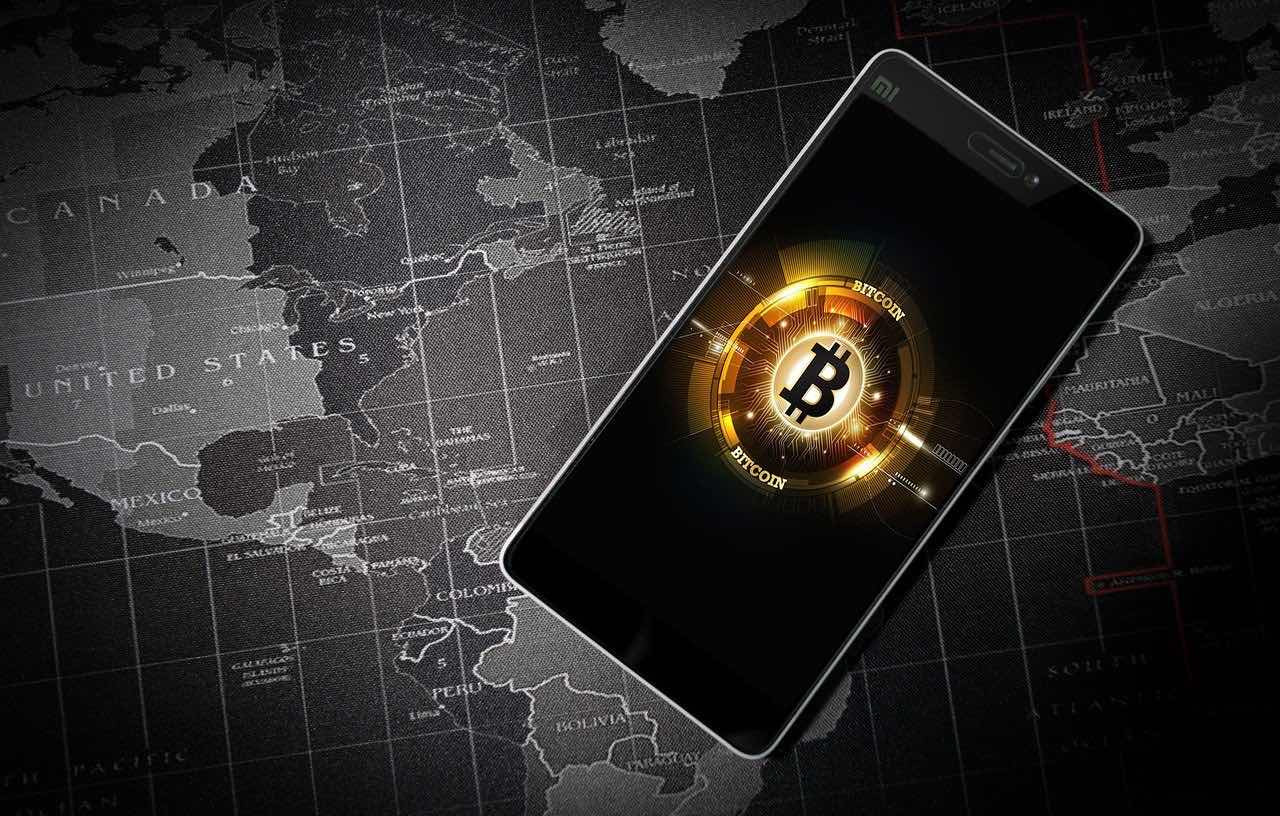Bitcoins and blockchain technology both go hand in hand. The blockchain concept was invented by a mysterious man or maybe a group called Satoshi Nakamoto in 2008 to serve as a public transaction ledger of Bitcoin.
Blockchain is basically a chain of blocks, and these blocks are made up of pieces of information. Each block contains a timestamp, transaction data, and a Hash(cryptographic codes created by unique algorithms) of the preceding block. Simply put, blockchain is an expanding list of data or records, called blocks linked using cryptography. As it allows digital information to be shared, but not copied, blockchain technology has evolved as the backbone of a new type of internet. Primarily devised for cryptocurrency, Bitcoin, technologists, have found other application areas for this technology.
Let’s take a look at the top applications of blockchain technology.
1. Blockchain Technology in Finance Industry
Blockchain’s robust security structure allows people to carry out safe financial transactions from anywhere in the world. Blockchain holds the ability to revolutionize the traditional financial services industry and bring with it the benefits of faster transactions, lower costs, enhanced transparency, security, and much more. Let’s see how this technology is reshaping the world of financial services.
- Cross-border payments
The existing global payment system is expensive, time-taking, prone to error, and less secure, thereby opening doors to money laundering. But the integration of blockchain technology can facilitate secure transfers among a large number of bank ledgers situated anywhere in the world. Also, banking mediators that serve as middlemen to transfer the money from one bank to another are not required. This makes the transaction quicker, cheaper, transparent, and secure.Check out this curated list of top blockchain technology companies for integrating your business with the blockchain network.
- Asset management
In asset management, everyone involved in the process, such as a broker, settlement manager, custodian, maintains their records, prone to error and inefficiencies. The blockchain technology diminishes this error by encrypting records. As the transactions carried out on a blockchain are unalterable, it results in accurate, rigid data for asset managers to utilize while verifying the transactions. More often, the management uses these records to evaluate their performance and risks. It also enables the managers to share hypersensitive data like asset history, with partners in a transparent way.
- Cryptocurrency
A cryptocurrency is a medium of exchange; to be more precise, it’s a virtual or digital currency that uses cryptography to secure and verify transactions. Blockchain technology is the most crucial component of cryptocurrency. Utilizing this technology, participants can validate the transactions without a need for a central clearing authority. Bitcoin, Ethereum, and Litecoin, along with Namecoin, Cardano, and EOS, are the currencies that have been developed till today. Out of all this, Bitcoin is the most famous cryptocurrency being used. Satoshi Nakamoto used to refer to Bitcoin as “a new electronic cash system that’s fully peer-to-peer, with no trusted third party.”
2. Blockchain technology for smart contracts
Smart contracts are pre-loaded with the terms and conditions of the agreement among the buyer and seller, directly inscribed in code, thus allowing it to self-execute. The agreements written within the code exist across the Blockchain network. Traditionally, a broker used to ensure that all bodies or individuals involved follow the terms. But the integration with the blockchain eradicates the need for the broker or any third party. Moreover, it assures that all parties know the contract’s details, and the automatic fulfilment of contractual terms takes place once the conditions are met.
The execution is controlled by codes and transactions taking place are immutable and trackable. Due to security and flexibility, the smart contracts market is booming. As per the forecasts, the global smart contracts market is anticipated to reach around 300 million USD by the end of 2023.
3. Blockchain technology in Government
Let’s look at some of the ways blockchain technology can help the Government ease public life.
- Transparent voting
Questioning the elections and the vote-counting mechanism has become a new norm these days. According to some scientists, the present traditional way of electronic voting in many countries is indeed susceptible to vote manipulation by hackers.
This problem can be solved by integrating voting tasks with blockchain technology. The distributed ledger would prevent any manipulation of votes as the votes become encrypted. Moreover, making the system more transparent, the voters can be empowered to monitor whether their votes were counted and for the one they voted for.
- Record management
The governing bodies of different levels say national, state or local are entitled to maintain the citizens’ various public records. In many countries to access these data, for example, say, you need your birth certificate reissued, then you’ll have to visit the respective authority office as many of these records are still only present in the physical form. But if this task of record management is performed on blockchain technology, the process becomes less time consuming, more straightforward, and transparent for individuals. Again due to the inalterable feature of blocks, the data cannot be altered and thus adding up to the efficiency and effectiveness of the management process.
The governments of Sweden, Georgia, and Estonia have already started venturing with blockchain-based record management for land registries, thereby allowing individuals or multiple parties to have access to the copies of their log securely. This model has, to a large extent, assisted in preventing and instantaneous resolving of property disputes.
4. Blockchain technology in supply chains
Blockchains enable companies to get a real-time ledger of movements and transactions for all participating bodies in their supply chain web. Blockchain can efficiently resolve many problems of this industry, such as convoluted record management and product tracking. This technology has emerged as an immutable and better-automated alternative to traditional management practices.
As the company size increases, the elements in their supply chain also increase. Managing these large numbers of items leads to complexity in tracking a multitude of records, therefore adding to a lack of transparency and leading to customer relations issues and cost issues, which are certainly not good outcomes for a brand. But integrating the blockchain can ease the record management and provenance tracking to a large extent.
In blockchain integrated supply chains, the product info can be easily accessed via the embedded sensors and RFID tags. This type of tracking enables us to keep an eye on every detail of product movement from its past location to its present. This is also useful for detecting frauds and reducing the total cost of moving the items in the chain.
Visit Goodfirms to know more about how blockchain technology is impacting the logistics industry.
5. Blockchain technology for Identity management
Today the majority of sites ask for identity details. Even when you are shopping online, you have to give your identification. But sadly many of these sites sell your identification details and, more often, your personal information like shopping trends, etc. to other advertisers. These advertisers then use that data for advertising their stuff, and your phone keeps buzzing with unnecessary emails and messages. This is breaching of privacy and might irritate and cause a sense of disbelief among the users.
Blockchain can help solve this problem by creating a secure data point where you can encrypt the details you want to share to relevant people at a particular period. Blockchain networks will not only protect your private data but also will stop those advertisers irritating you.
To conclude
Statista insights show that global spending on blockchain solutions is anticipated to grow from 1.5 billion in 2018 to approximately 15.9 billion by 2023. Blockchain applications are not just limited to the points mentioned above; there is much more. Blockchain has also proven effective in healthcare as well as the agriculture sector. Extensive research is underway to find more potential blockchain applications and how it can be made more secure and feasible for all the segments of the economy.
Author Bio
Hi There, I am Shaun Williams, a content writer with Goodfirms, a research platform for Cloud Computing and Translation services companies, among many others. I enjoy communicating ideas and knowledge creatively and also ensure that the readers never suffer from boredom while reading my posts.








